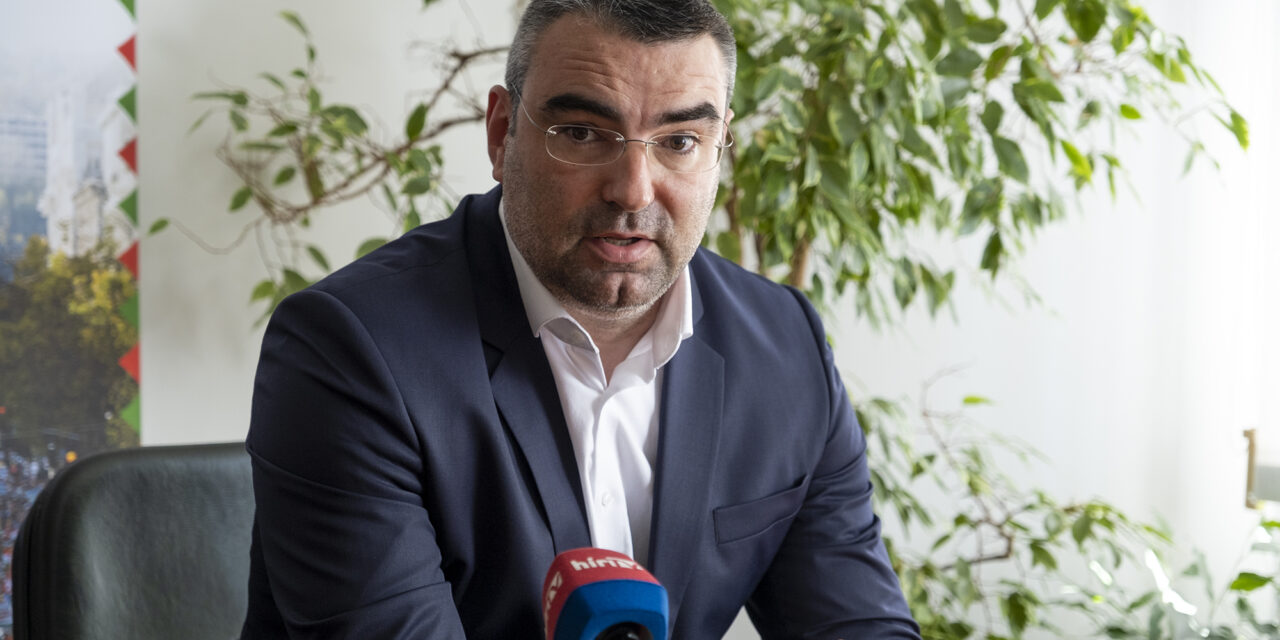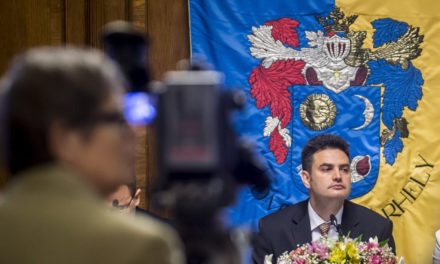There are things that are not a question in a "liberal democracy" either.
In the United States, a law establishes the protection mission of the US Secret Service, which also covers US presidents and presidential candidates. The process began in 1901, when the agency's jurisdiction was significantly expanded to meet the new security environment surrounding political public life.
As mentioned above, the protection of the president's life has been a particular concern of the American legislature since the assassination of President William McKinley in 1901. The Secret Service, originally created in 1865 to combat counterfeiting, was then tasked with protecting the president. In 1913, this protection was extended to presidents who had won the election but had not yet been sworn in, much later, in 1951, to the vice president, and in 1965 to the former president and his wife. From 1968, unmarried widows of dead presidents, children of former presidents under the age of 16, as well as famous presidential and vice-presidential candidates, from 1971 famous foreign visitors (heads of state and government), from 1974 the family of the vice president, and even from 1976 Since then, the spouses of the better-known presidential and vice-presidential candidates also enjoy such protection. Guarding is available 24 hours a day.
The specific antecedent was therefore the assassination of William McKinley, after which Congress (legislature) asked the Secret Service to provide permanent presidential protection.
A year later, in 1902, the Secret Service assumed full responsibility for presidential protection. However, the current level of presidential protection was reached in 1963, following the assassination of President John Kennedy in Dallas in November. This was a technical change that involved a significant revision of security methods.
The next step was to expand the defense mission to protect presidential candidates, which was authorized in 1968 after the assassination of Robert Kennedy. With regard to presidential protection, the immediate family of the president and the vice president, even former presidents, their spouses and minor children under the age of 16 are now among the persons protected by the secret service.
In particular, presidential candidates are eligible for Secret Service protection who (according to the Congressional Research Service):
• publicly announced candidates;
• they actively campaign at the national level and compete in at least 10 primaries;
• the nomination is made by a party whose presidential candidate achieved at least 10% in the previous election;
• qualified for a grant of at least $100,000 through a publicly funded grant fund and raised at least $10 million in additional contributions;
• in the most recent national polls by ABC, CBS, NBC and CNN (!) by April 1 of the election year, they are rated at an average of 5 percent in terms of candidate preferences, or have obtained a minimum of 10 percent of the votes cast for all candidates on the same day in two (or two consecutive) primaries, or possibly a nominating meeting (caucus - in some states this is held)
After the assassination of US President John Fitzgerald Kennedy in 1963, other legal processes were also started, for example in relation to the issue of succession.
A significant amendment was added to the American constitution (the original seven-article document underwent a total of twenty-seven amendments between 1791 and 1992). Among other things, the fixes allow the president to appoint a vice president, though only with a majority vote of both houses of Congress. (This rule was first used in 1973, when President Richard Nixon nominated Gerald Ford to replace Spiro T. Agnew, who had been forced to resign in a bribery scandal, as vice president.) And when President Bush underwent a colonoscopy in 2007 (polyps removed from his colon and no cancerous lesions were found), Bush transferred his presidential powers to Vice President Dick Cheney for the short duration of the intervention.
Later, on June 2, 2015, President Barack Obama signed the USA Freedom Act, a new law restricting the activities of the American National Security Agency. The new regulation replaces the infamous Article 215 of the USA Patriot Act, signed by George Bush in 2001, which provides particularly broad powers to intelligence officers and national security agents, and which expires at the beginning of June 2015. The new law was named the USA Freedom Act and, like Patriot, also has an acronym: "Uniting and Strengthening America by Fulfilling Rights and Ending Eavesdropping, Dragnet-collection and Online Monitoring Act", that
"Unifying and Strengthening America by Making Rights Real and Ending Wiretapping by Mass Data Collection and Online Surveillance." The word freedom itself means freedom.
Striking a delicate balance between security and legality, the amendment allows the US government to continue to monitor its citizens' electronic communications, but they can no longer retain the data and create massive databases. In the future, the law will make storage the responsibility of the service providers, who will typically keep them for one and a half years in accordance with their business practice and the law. In addition, only in justified cases, targeted surveillance can be carried out with the authorization of the secret federal court (Foreign Intelligence Surveillance Court, FISC).
And protecting the head of the executive branch has remained a priority — according to available information, in order to protect the president, US secret services widely monitor people's cell phone calls and Internet activity in the United States and around the world. In this regard, it can be clearly stated that security considerations override certain basic information rights without harming the model of "liberal democracy". Not because the above regulations were approved by a progressive, liberal president with his signature...
Featured image: Civilek.info













